Same work, similar pay, slower growth.
The 2025 WordPress Professionals Survey is out, and the takeaway is hard to ignore: WordPress agency owners are staying steady – but not scaling. Compensation and revenue levels are nearly identical to last year’s. Most respondents still earn under $100K, most pay themselves under $50K, and 71% charge less than $5K per website.
Even more telling: just 57% said their business is growing, down from 63% last year. That drop in momentum, combined with flat income numbers, points to a community that’s committed – but possibly stuck.
The average respondent to this year’s survey has been working in WordPress for 12 years and runs a team of three. But that doesn’t always translate into scale, systems, or strategy.
“A lot of us didn’t set out to build a business,” said Kyle Van Deusen, founder of The Admin Bar and creator of the survey. “We tinkered as a kid, built a site for a friend, got referred for a $500 site, and decided this was way better than working a 9–5.”
Van Deusen says many agency owners approach the work as craftspeople rather than entrepreneurs — strong on technical skills but less interested in marketing, positioning, or profit margins.
That may help explain some of the pricing hesitation. Only 41% of respondents publish their rates publicly, and less than 15% charge over $5,000 per site. Nearly half say they don’t charge for discovery — even though those who do are far more likely to land higher-paying projects.
“WordPress has always attracted people with big hearts and a desire to help,” said Van Deusen. “I heard a story just last week of an agency owner who reduced their prices drastically because they felt bad about the client’s experience with their previous developer. I love where their heart is at… but it’s a hard way to grow a business.”
Lifestyle over scale – and that’s the point
Still, not everyone sees low earnings as a problem. Many respondents appear content with modest incomes and maximum flexibility, valuing autonomy over ambition.
More than half work fewer than 40 hours a week. Only 20% said they plan to hire in 2025. And when asked whether they’ll still be running their business in five years, 66% said yes, suggesting that many are in it for the long haul, even if the payoff isn’t huge.
“This industry is perfect for building a lifestyle business,” Van Deusen said. “Not everyone needs to bring home a six-figure salary, and plenty of people are perfectly happy working odd hours in their PJs – working to live, not living to work.”
That said, he believes some are hitting ceilings they don’t need to. “I do think there are people struggling with limiting beliefs,” he said. “That’s one of the reasons I do this survey — to help people see what they want for themselves is possible and give them the motivation and inspiration to go for it.”
The survey also highlights a reluctance among many agency owners to adopt practices linked with higher revenue. Just 16% report doing any outbound marketing, and fewer than half charge for discovery — despite clear links between those practices and higher project rates. Positioning is another gap: only 21% say they have a well-defined niche, even though those who do are far more likely to earn six figures.
While few are chasing unicorn growth, the survey makes one thing clear: WordPress remains a stable foundation for thousands of independent businesses, and most plan to stick with it.
AI is here, but impact is unclear
One shift that’s taken hold: AI. Nearly 95% of respondents said they’re either embracing it or experimenting with it. Many – including Van Deusen himself – say it’s become a daily part of their workflow, used for everything from brainstorming to QA to memes.
“I find myself reaching for AI tools on a daily basis,” he said. “Whether it’s for a sanity check, a second pair of eyes, to help me learn new skills, or just to make silly memes.”
But so far, AI hasn’t translated into significantly higher income or reduced working hours. Pricing, project size, and time commitment look almost exactly as they did pre-AI.
Majority optimistic about WordPress
Perhaps the most surprising takeaway from this year’s survey is the overall mood: 63% of respondents say they feel optimistic about the future of WordPress – even after a year marked by governance disputes, contributor tension, and uncertainty about the platform’s direction.
Only 17% said they’re “very optimistic,” but the majority said they were either optimistic or cautiously so.
“It shocked me… in the best way possible,” said Van Deusen. “It turns out, it’s a small vocal minority that is addicted to the drama. Everyone else is too busy focusing on doing great work for their clients.”
He believes the ecosystem has matured to a point where WordPress project decisions don’t dictate agency success the way they once did.
“With so many third-party tools and frameworks pushing the boundaries of what’s possible with WordPress, what’s happening with core matters a lot less than it used to,” he said.
In a space where drama can dominate public discussions, the WordPress professionals in this survey are a reminder that quiet consistency still powers much of the ecosystem.


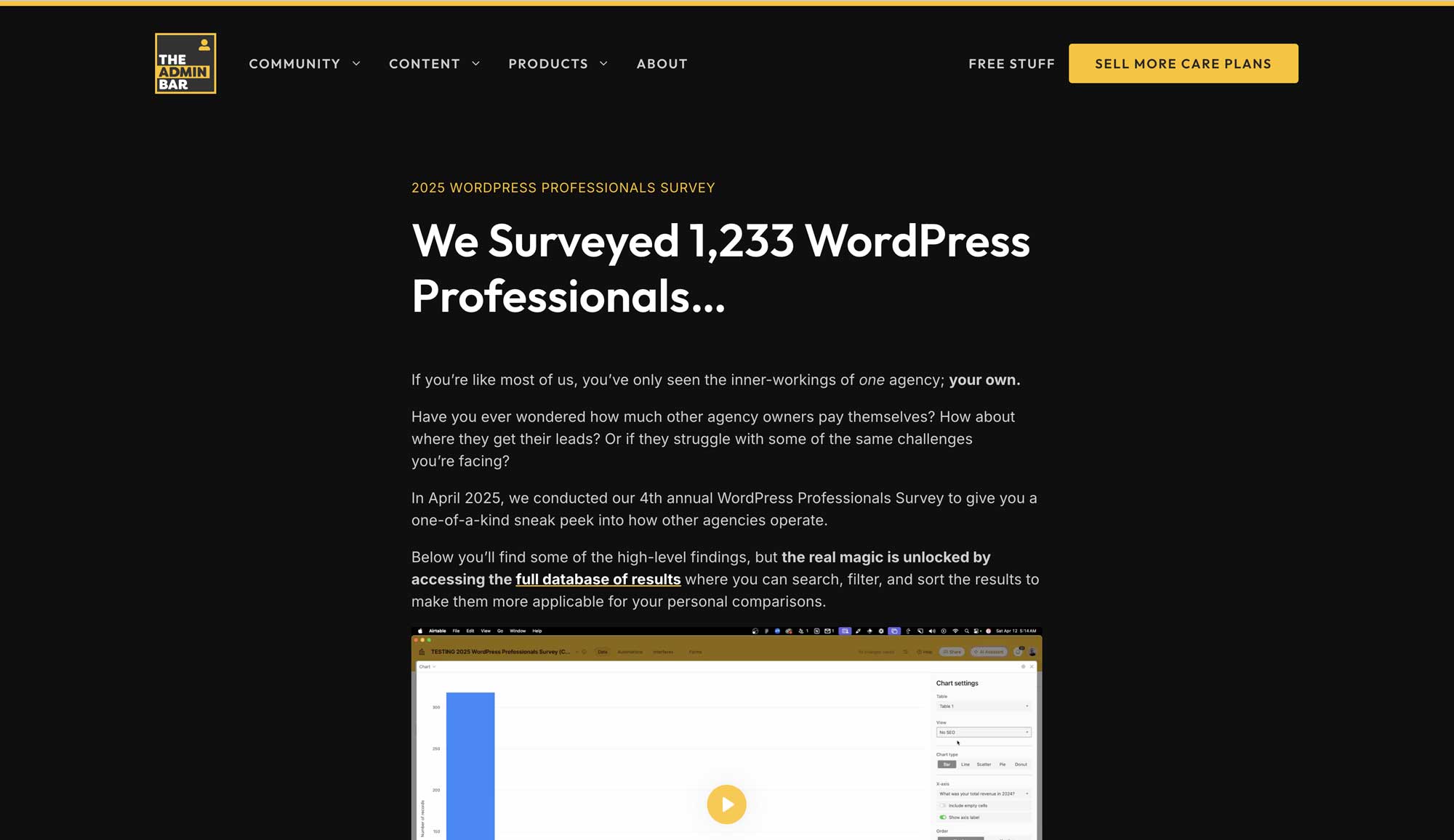
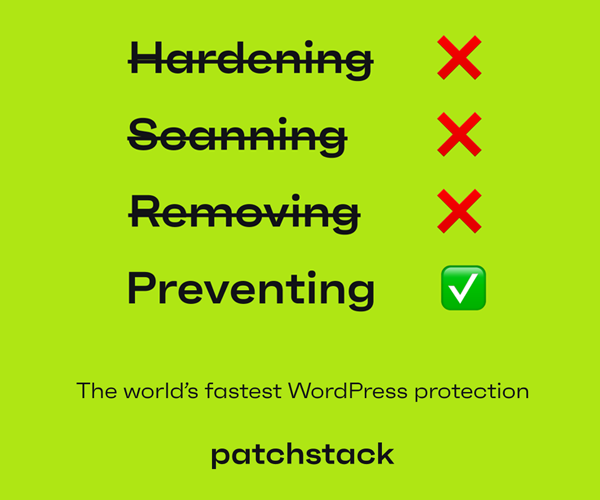
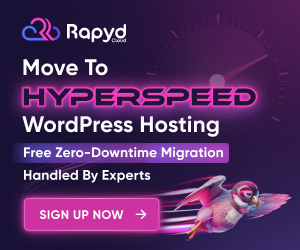

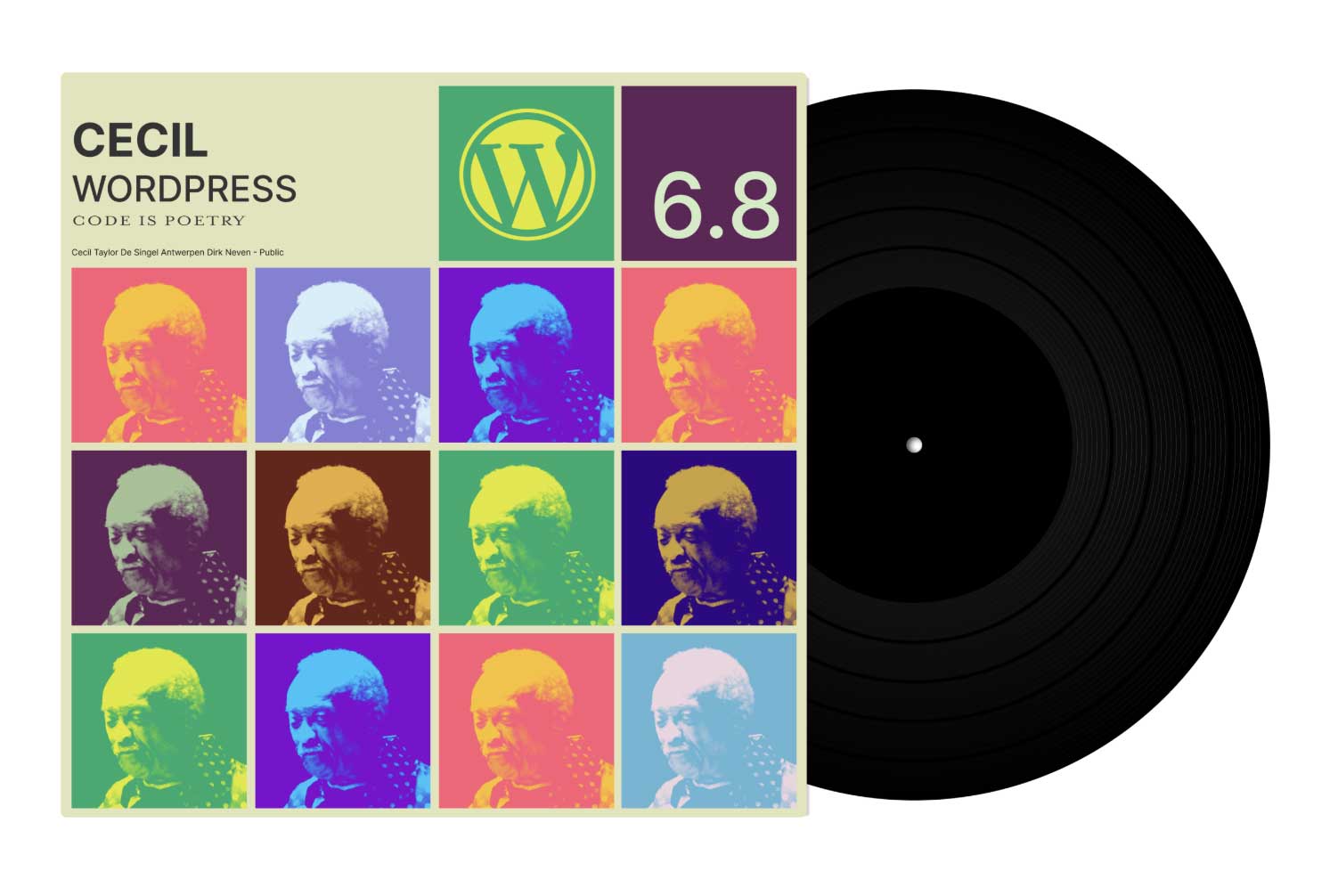
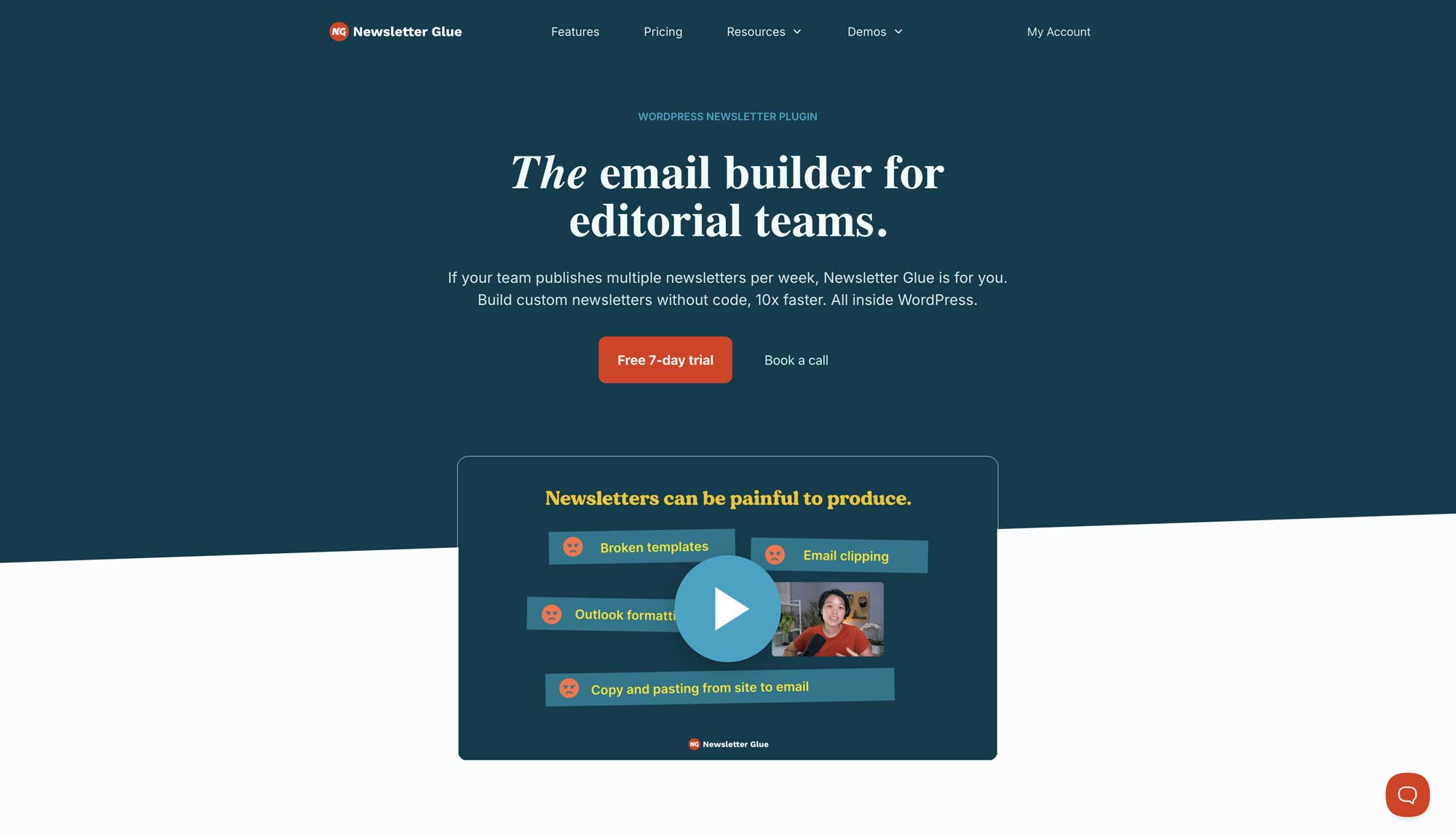
Leave a Reply